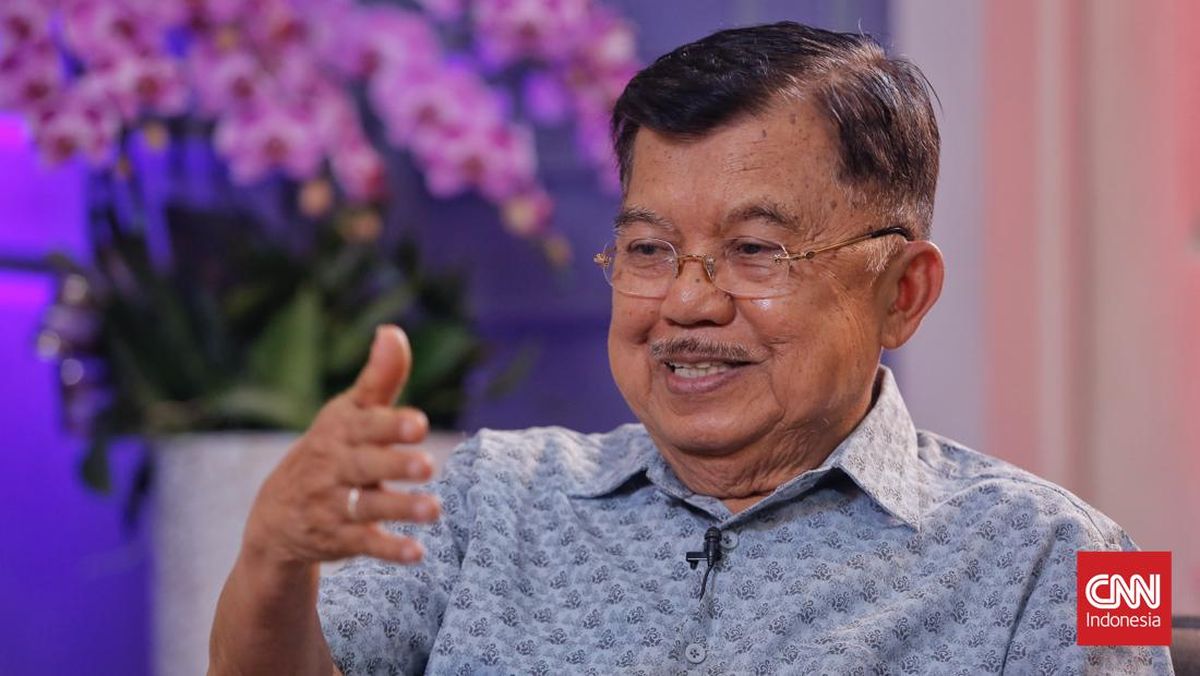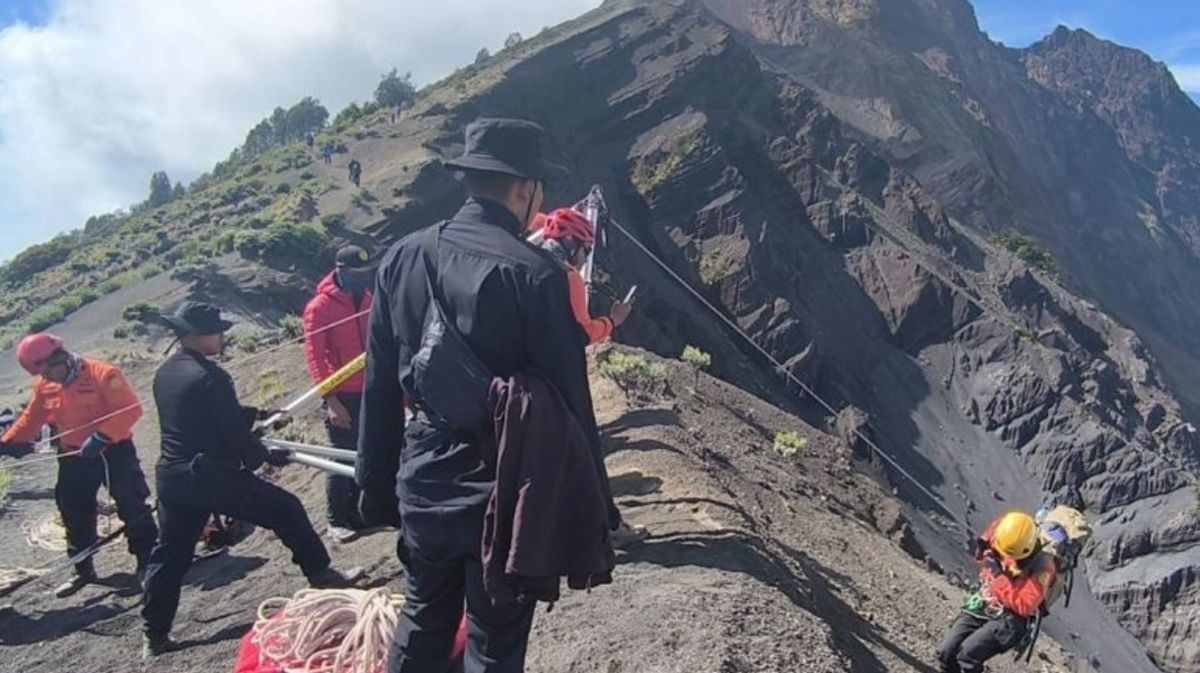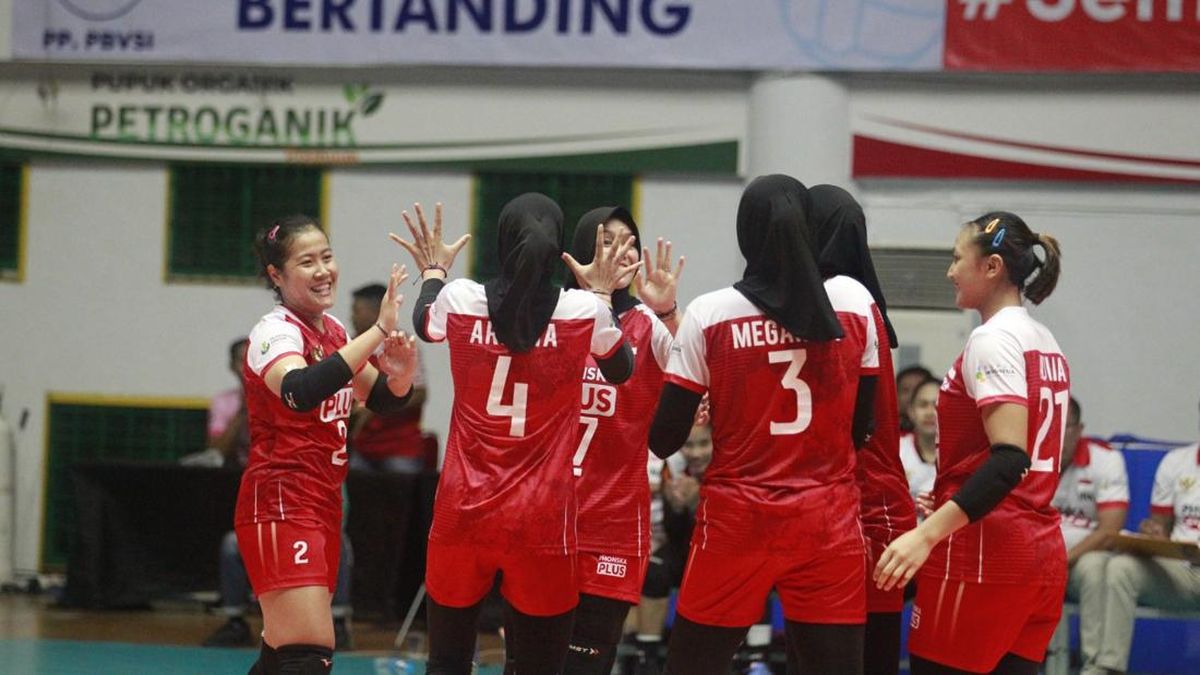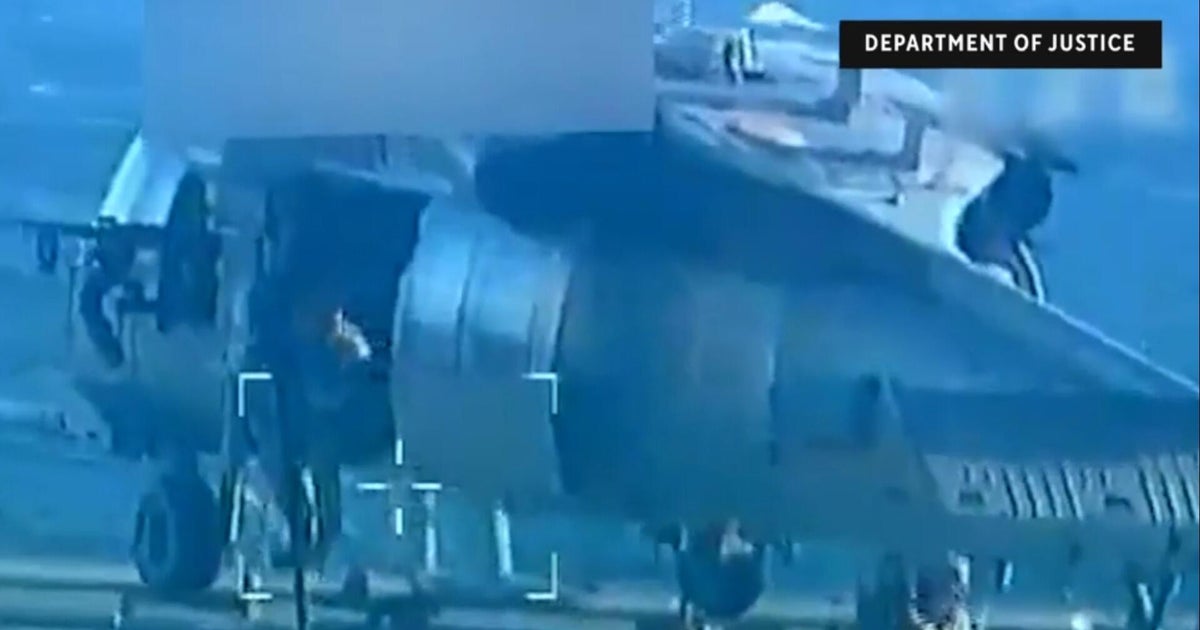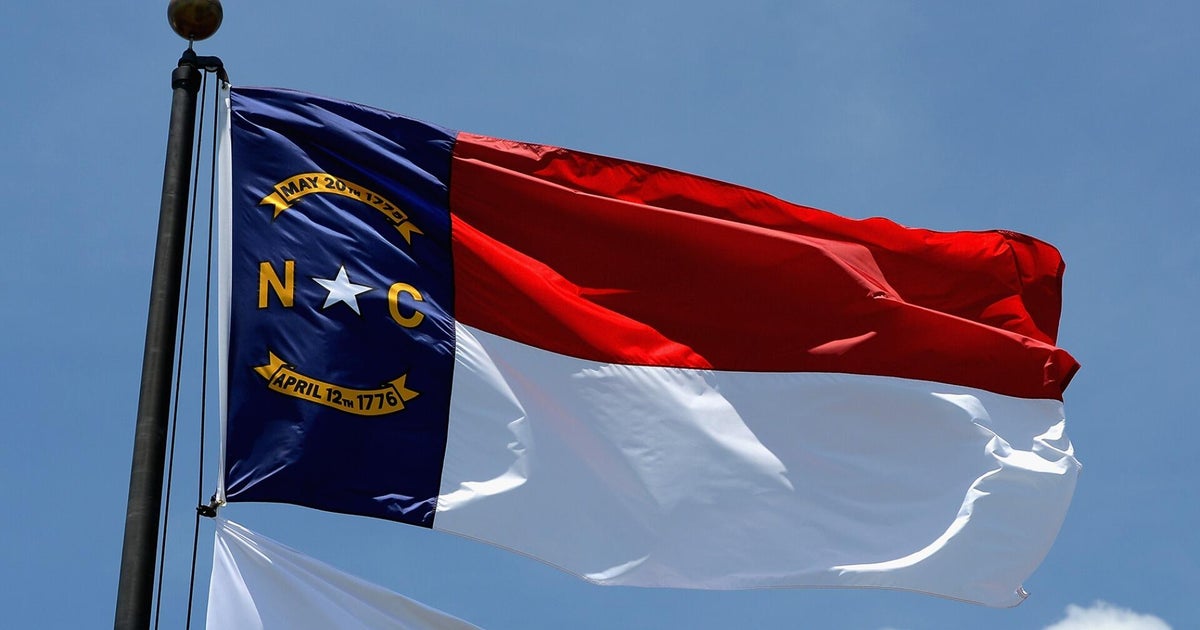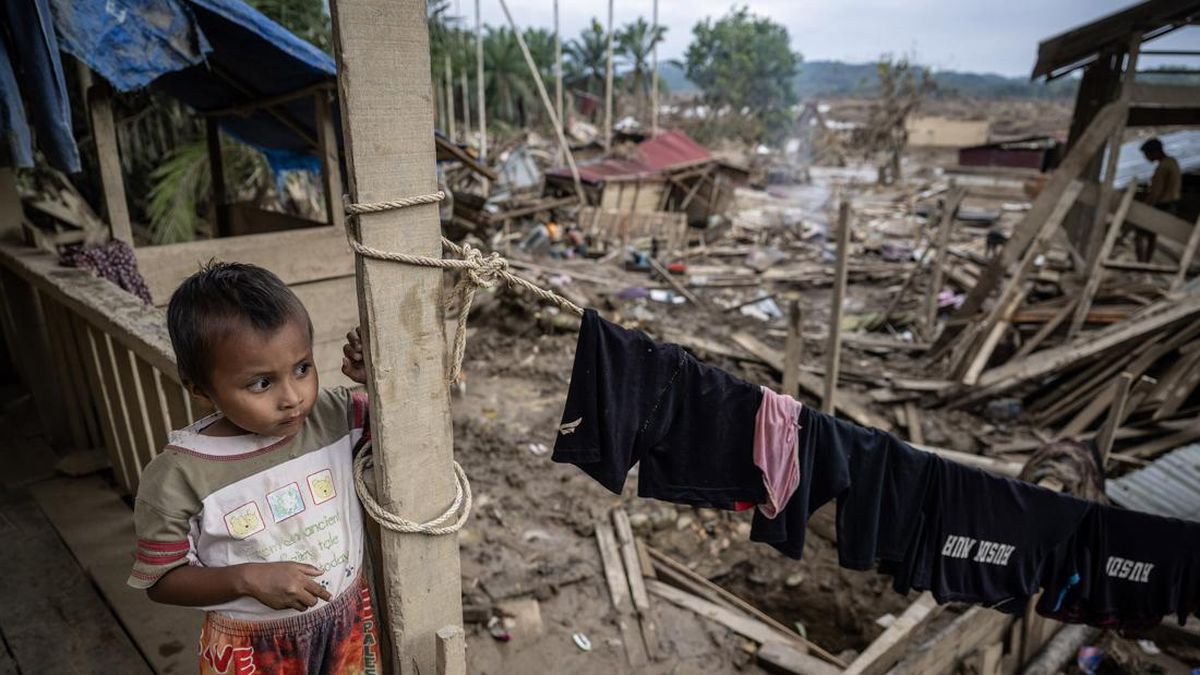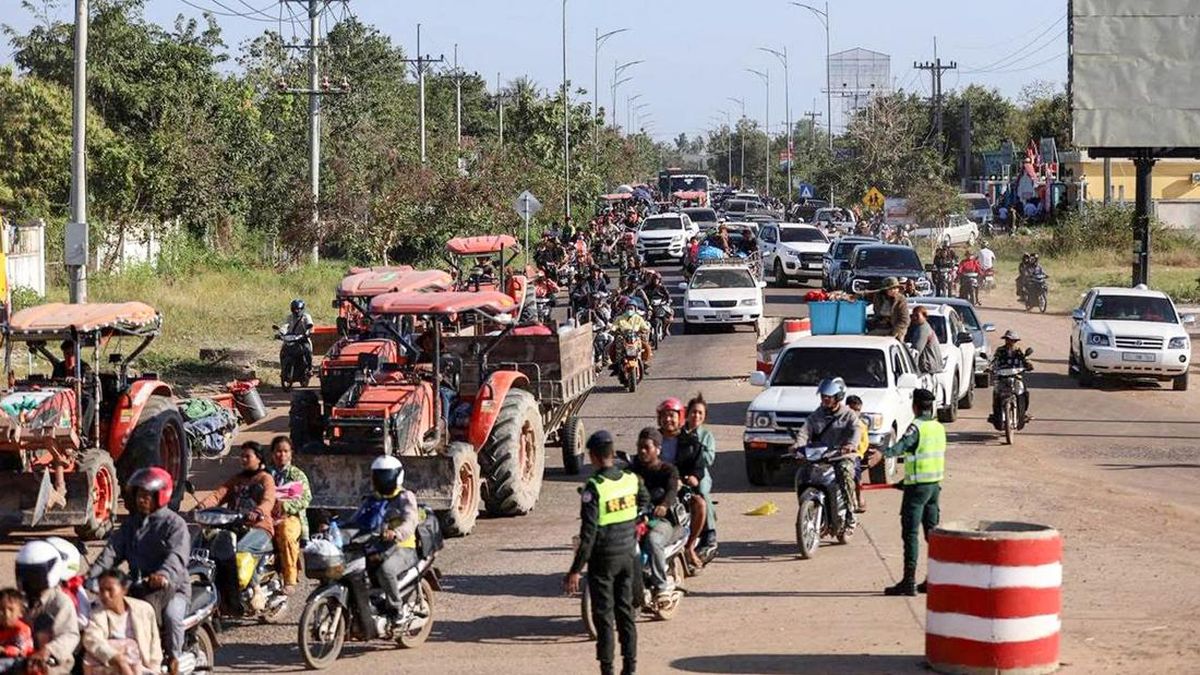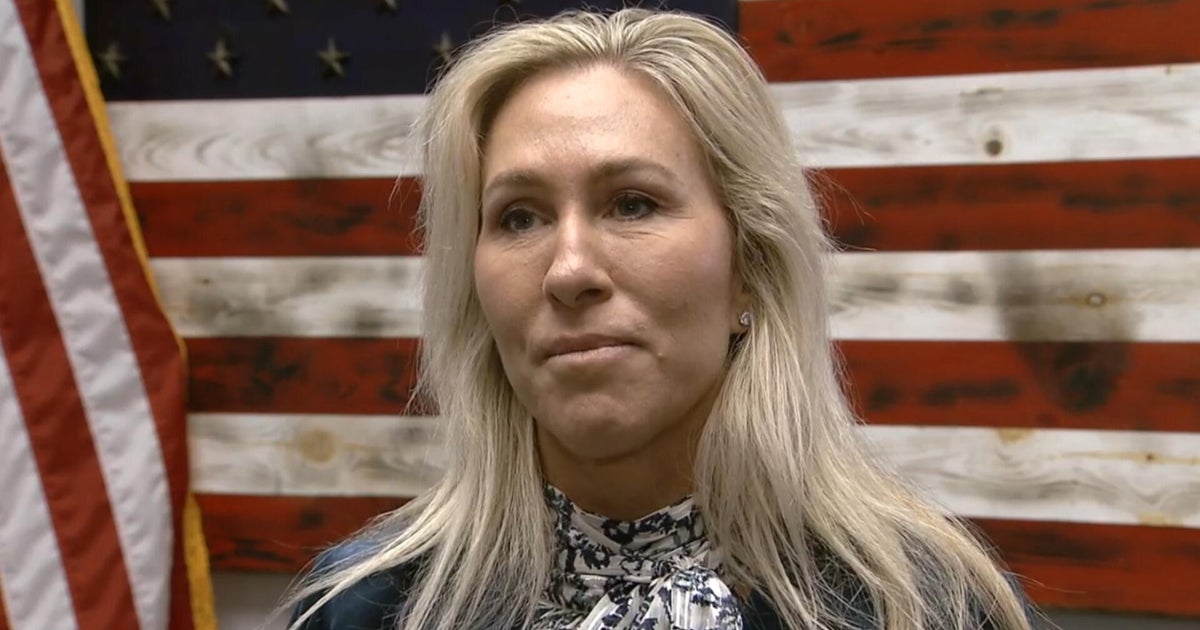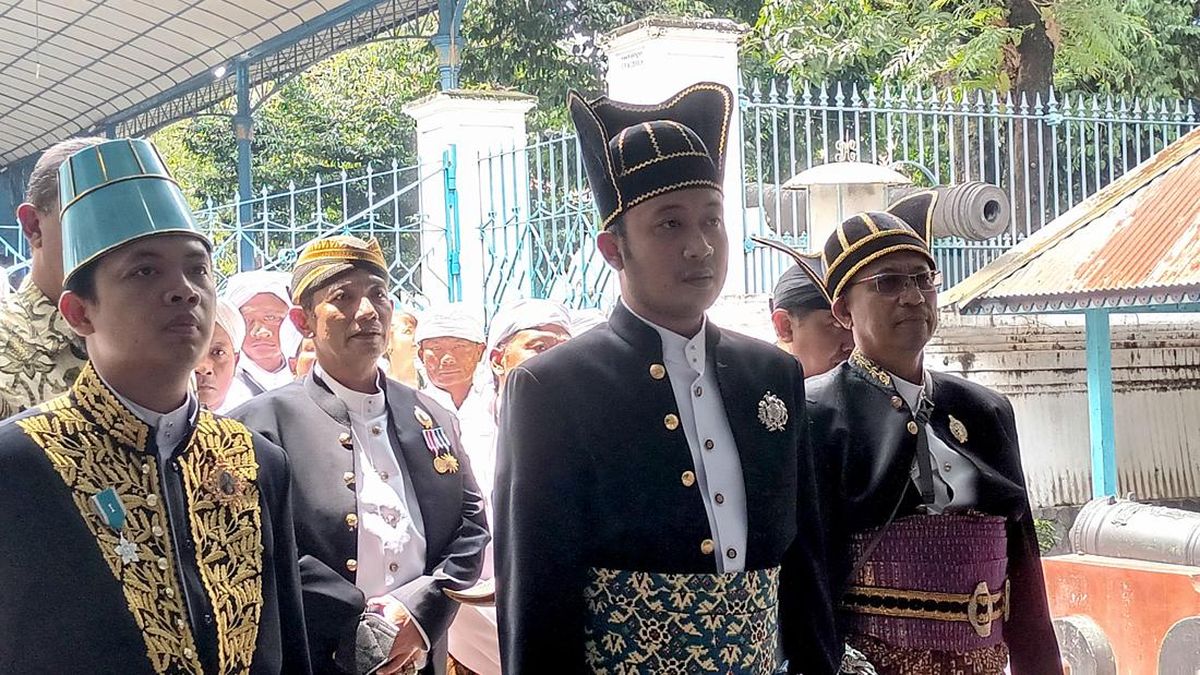Singapore: For more than a week, Japanese Prime Minister Sanae Takaichi has been blasted with a fire hose of Chinese rage over her remarks about a potential Taiwan Strait crisis.
The trigger was Takaichi’s suggestion that Japan could deploy its armed forces if China made a military move against Taiwan, a self-governing democracy that Beijing claims as its own territory.
Beijing’s response was immediate and furious, and has escalated in the days since, with the deepening row devolving into a diplomatic test for Takaichi, a national security hawk, in the opening weeks of her leadership.

China’s Xi Jinping and Japan’s Sanae Takaichi: Last month they agreed to promote stable ties.Credit: Michael Howard
It has summoned Japan’s ambassador to lodge a formal protest, suspended the release of at least two new Japanese films in China, and made clear that Foreign Minister Wang Yi will not meet Takaichi when they both attend the G20 summit this week.
Over the weekend, Beijing sent the Chinese Coast Guard to conduct a “rights enforcement patrol” through the disputed waters around the Japan-controlled Senkaku Islands, which are close to Taiwan but claimed by China as the Diaoyu Islands.
Loading
But its most coercive step in seeking to cow Japan may be in leveraging its powerful tourism dollar. China has urged its citizens to abandon travel to Japan, a move that has been backed by the country’s major airlines offering full refunds on flights scheduled before the end of the year, prompting protests from Tokyo.
Chinese tourists were the biggest spenders in the most recent quarter, splashing $US3.8 billion ($5.9 billion) in the economy. Shares in Japanese cosmetics giant Shiseido and department store giants plunged between 9 and 11 per cent on the news this week.
Takaichi has, so far, refused Beijing’s demands to recant her comments, but on Monday, Tokyo dispatched a senior official from its foreign affairs department to Beijing to try to calm the tensions.
Following Beijing’s cues, Chinese state media has been pumping out daily editorial screeds drumming up nationalist sentiment and tapping into old wounds about Japan’s wartime atrocities in China.
“If Japan intervenes in the Taiwan Strait, the Japanese government will be tying people across the entire country to a chariot of self-destruction,” wrote scholar Xu Yongzhi, in the official newspaper of the People’s Liberation Army.
Japan would once again be “nailed to the pillar of historical shame”, Xu said.
Bitter historical enmities run deep between the two countries, particularly among older generations. This year, China has stepped up its nationalist chest-beating as it marked the 80th anniversary of Japan’s defeat in World War II with its biggest-ever military parade.
Last year, there were a number of high-profile attacks on Japanese nationals in China, including the stabbing death of a Japanese boy as he walked to school in the southern city of Shenzhen, prompting concerns about rising anti-Japanese sentiments. On Tuesday, Tokyo warned its citizens in China to take extra safety precautions such as avoiding crowded areas, especially when travelling with children.
Loading
The feud has extinguished any early hopes for an easing of tensions between Beijing and Tokyo after Takaichi met with Chinese leader Xi Jinping on the sidelines of the APEC summit last month, where they agreed to promote stable ties.
It erupted after Takaichi said that a crisis over Taiwan “where the Chinese side uses warships or engages in other armed actions” could “constitute a survival-threatening situation for Japan”, as she responded to a question in Japan’s parliament on November 7.
A “survival-threatening situation” is a key phrase. Such a designation allows Japan, under its pacifist constitution, to activate its self-defence forces in the event a country it has close ties with comes under attack, even if there’s no direct attack on Japan itself.
Experts say the “close ties” trigger in this scenario would probably be an attack on the United States in the Taiwan Strait, or its bases in Japan, rather than Taiwan itself.
In the latest salvo, Chinese foreign ministry spokesman Mao Ning urged Takaichi on Tuesday to retract the remarks, “stop making provocations on issues concerning China, [and] take steps to admit and correct the wrongdoing”.
It follows a resurgence of China’s wolf-warrior style diplomacy after its consul-general in Osaka, Xue Jian, posted a since-deleted tweet threatening to “cut off that dirty neck that has lunged at us without a moment’s hesitation”.
China’s defence ministry has also issued a bellicose warning that Japan would suffer a “crushing defeat against the steel-willed Chinese People’s Liberation Army” if it dared to interfere in the Taiwan question.
The Chinese Communist Party views the question of Taiwan’s future as its ultimate red line, and has vowed to “reunify” the island with the mainland, using force if necessary.
Loading
Its vituperative backlash against Takaichi – a national security hawk whom Beijing already regarded with deep suspicion over her Taiwan-friendly views – is as much a warning signal to Japan as it is to other Western allies contemplating military scenarios that could draw them into a conflict.
Takaichi’s remarks are a departure from the deliberately vague responses adopted by previous sitting Japanese prime ministers on this issue. But similar war-gaming scenarios are routinely discussed by experts.
“If China were to actually launch a military invasion of Taiwan, and the US military were to deploy to the Taiwan Strait, the possibility of Japan’s self-defence forces exercising collective self-defence alongside the US military was already well known among experts,” the University of Tokyo’s Professor Kawashima Shin said.
“However, the prime minister has never mentioned such specific cases before.”
Takaichi’s statement, he said, while “somewhat lacking in caution”, could still be seen as consistent with Japan’s existing policy on self-defence protocols and Taiwan.
Get a note directly from our foreign correspondents on what’s making headlines around the world. Sign up for our weekly What in the World newsletter.
Most Viewed in World
Loading

